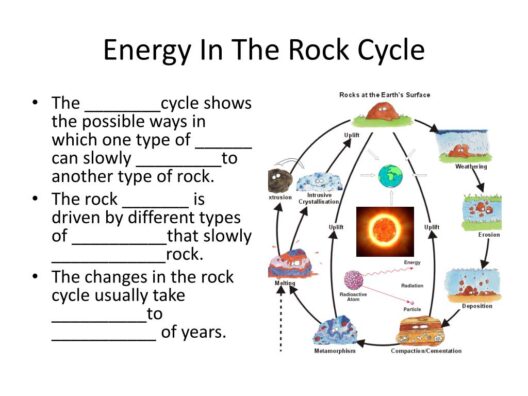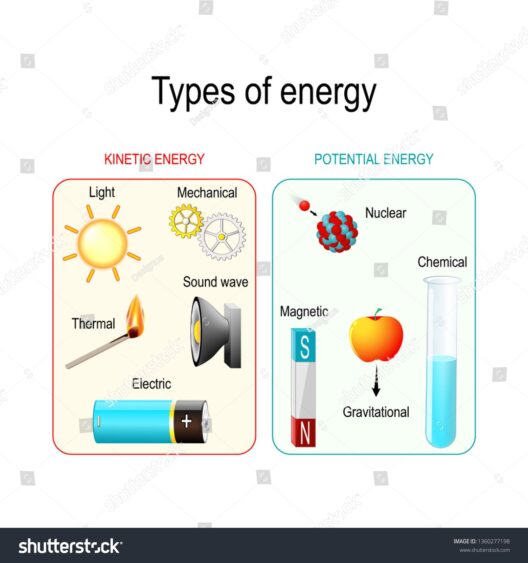Global warming has become a contentious topic in contemporary discourse, often framed solely in terms of its deleterious impacts on planetary health and environmental stability. However, a more nuanced examination reveals a spectrum of potential health effects, necessitating a discussion of the controversial ‘good health effects’ of global warming. This exploration requires a composite view, examining both direct and indirect health implications arising from climatic changes.
To embark on this discourse, it is imperative to establish the backdrop: global warming, predominantly caused by anthropogenic emissions of greenhouse gases, leads to alterations in climate patterns. These changes can induce both beneficial and adverse health effects, depending on a myriad of factors. Thus, while the prevailing narrative underscores the dangers posed by rising temperatures—such as exacerbated respiratory conditions and increased incidence of vector-borne diseases—there are also some perspectives suggesting positive health outcomes.
One of the primary arguments hinges upon the concept of increased agricultural productivity. Warmer temperatures in certain regions can extend growing seasons, enhancing crop yields. Crops like maize, wheat, and rice may benefit from heightened carbon dioxide levels, which can facilitate photosynthesis and promote growth. This increase in food production can mitigate food insecurity, which is a major contributor to malnutrition and its attendant health disparities. Malnutrition presents a plethora of health issues, including stunted growth and vulnerability to infectious diseases. Thus, enhanced agricultural output could conceivably lead to improved population health and nutrition in areas previously constrained by climatic limitations.
Moreover, in certain temperate zones, milder winters can result in lower instances of cold-related morbidity and mortality. The cold weather is known to aggravate several health conditions, particularly in vulnerable populations, such as the elderly and those with cardiovascular diseases. A reduction in cold spells may curtail incidences of hypothermia, frostbite, and heightened cardiovascular events—a phenomenon observed in extreme winter conditions. Notably, the reduction in harsh winter weather could translate to decreased healthcare expenditures associated with cold-related illnesses, thereby enabling resources to be allocated to other pressing health concerns.
Another potential benefit of global warming lies within the context of infectious diseases. Warmer water temperatures can lead to the proliferation of certain phytoplankton, which produce beneficial omega-3 fatty acids. These fatty acids have been widely acknowledged for their beneficial cardiovascular effects. Given the increasing emphasis on diets rich in omega-3s for heart health, global warming could paradoxically bolster access to such nutritionally advantageous food sources under certain conditions.
Furthermore, the advent of global warming has spurred innovation in medical technology and public health infrastructure. The growing urgency to manage the implications of climate change has catalyzed significant investments in health research, infrastructure, and policies aimed at climate resilience. Such advancements can bolster public health systems, fostering preparedness for both climate-related and non-climate-related health challenges. Enhanced surveillance systems, improved disease tracking applications, and innovative healthcare delivery models emerged in response to the impending threats posed by changing environmental conditions.
Nevertheless, it is crucial to approach this discourse with an understanding of the intricate tapestry of public health. The purported benefits must be viewed through the lens of equity and access. As climate change effects are heterogeneously distributed, while some communities may experience positive health effects, others are likely to suffer drastically. Transition periods are often fraught with instability, and marginalized populations—often the most susceptible to climate change—could endure exacerbated health disparities. The negative repercussions of global warming, including heatwaves, extreme weather events, and rising sea levels, could disproportionately impact these communities, negating the perceived benefits.
Indeed, the potential emergence of new health issues arising from climate change warrants attention. The proliferation of diseases such as West Nile virus and Lyme disease, driven by shifting climate patterns influencing vector populations, exemplifies the darker side of global warming’s health implications. As species adapt to new climatic conditions, interactions between humans and pathogens evolve, potentially complicating the landscape of public health. Thus, while some may argue for health benefits, it is essential to contextualize these within the overarching challenges posed by climate change.
Moreover, psychological health should not be overlooked in this discussion. The bifurcation of health outcomes due to climate change can manifest in mental health disparities. While improved agricultural output may alleviate stress related to food scarcity, communities grappling with climate-induced displacement or disaster-related trauma may experience heightened anxiety, depression, and post-traumatic stress. The duality of experiences reflects the pressing need for cohesive mental health frameworks as part of broader climate change adaptation strategies.
As we navigate this dichotomous landscape, it becomes evident that the health effects of global warming cannot be decoupled from the overarching climate crisis. While recognizing the arguments advocating for potential health benefits, it is paramount to retain a balanced perspective that underscores the overwhelming risks associated with global warming. To foster genuine, long-term health improvements, emphasis must be placed on robust climate action and policies aimed at reducing greenhouse gas emissions to ultimately mitigate the adverse effects associated with rising temperatures.
In conclusion, while there exist controversial views delineating potential good health effects of global warming, these must be critically assessed alongside the substantial threats posed to public and planetary health. It is essential to remain vigilant and proactive, promoting strategies that emphasize sustainability and equity to ensure health benefits are not overshadowed by the declining state of our environment.








